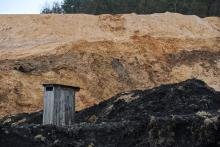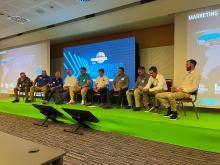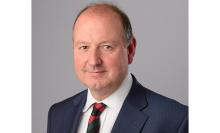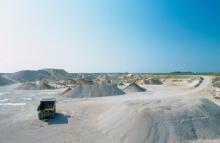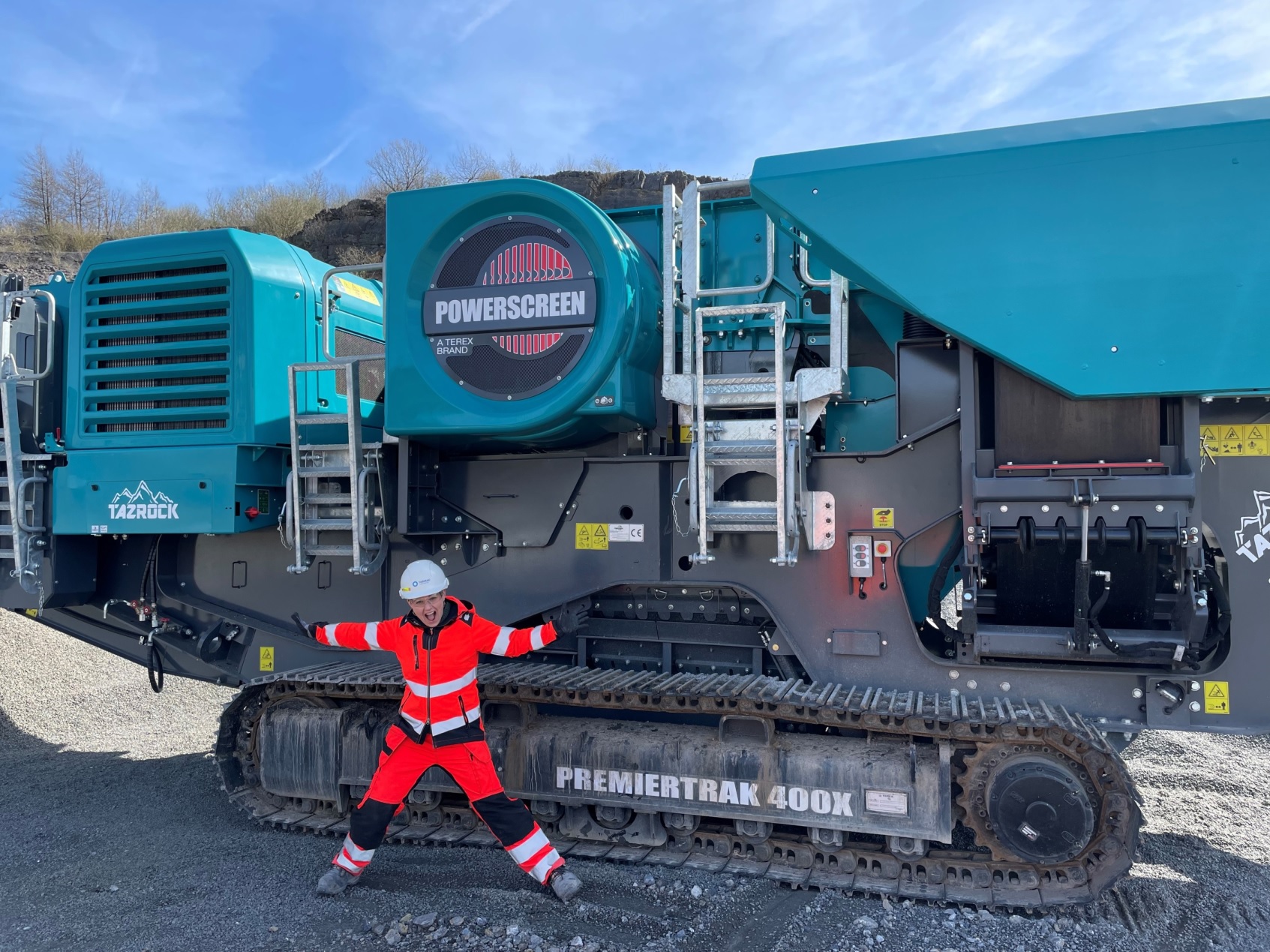
The chances are, unless you work in it, you won't have heard of ESG. It stands for Environment, Social, and Governance. It captures an organisation's impact on the environment and the people affected by its existence and how ethically it conducts itself. In its simplest form, ESG is a measurement, but I'm still getting my head around how a number can be put to S when, to me, it's a vibe. I'm not an expert on this subject, far from it; as a mining geologist, I've been the connector between operation and environment, but my passion lies in people and making people happier.
I imagine cynics will say ESG measurements are just another way of fleecing people, another made-up job that ticks a box, but what if this integrated approach to mineral extraction design and planning has been what's missing? Maybe robust ESG strategies could be the framework to ensure we extract sustainably, ethically, and not at the expense of communities. Perhaps a deeper connection with social impact could help blow away the dark clouds that still hang over extractive industries from days gone by.
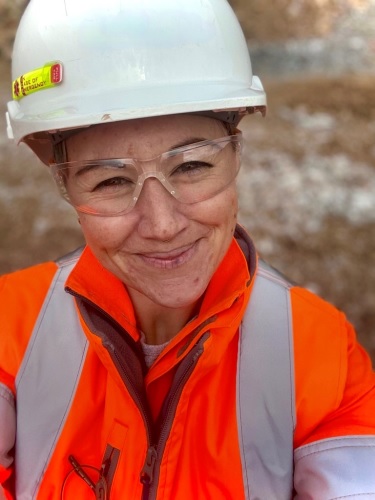
As -ologists, environmentalists, and engineers, we're heavily focussed on the parts of ESG we know best: reducing carbon emissions through improving efficiencies, reducing water consumption by using new technologies, hydrologically futureproofing designs, focusing on local habitats and biodiversity net gain. We're good with continuous improvement; the E isn't onerous. Workplace culture, on the other hand, the S and the G, is iffy in this industry. Take it from someone who's been the site "other" their entire working life; we as an industry aren't winning any prizes in the progressive department, which is so clearly linked to how organisations are portrayed externally.
Focusing on the S – Social, how do we go about doing a better job of it as we enter the green revolution? We're going to need to extract those UK-based critical minerals still currently sitting in the ground if we plan on achieving the government's sustainability targets.
Corporate Social Responsibility (CSR) is more important than ever before. Shareholders and investors don't just want to know about turnover; candidates scrutinise employers' ethics and values before accepting job roles. I personally want to know how a company treats its staff and pays it forward to society before I work with or for them, but it's not just about investment and staff. Turning on a quarry after it's been dormant for 15 years or rocking up to a field with a drill rig creates angst in a local community, especially those that have few industry people living there. As an industry, we could be doing so much more to lessen the impact on people's lives; they are paying the biggest price for the nation's aggregates and minerals, after all.
Right now, I see Cornwall as a county doing a sterling job in getting this right. Companies are marketing their ethos clearly, engaging with communities from the beginning, making sure they are transparent in their approach and have managed to shake off that oil-tycoon-cowboy-hat mining still seems to wear. The Cornish people, generally speaking, appear to accept critical mineral exploration, understand what may be to come, and accept change. A far cry from a big proportion of the UK with its nimbyist attitude that has exploration geologists fearing violence when sitting beside a drill rig.
So why is it so different? How are Cornish organisations in the mining and critical minerals sector approaching this "community net gain"? Are they tapping into the county's rich industrial heritage? Can we do this elsewhere? Is it an employment opportunity thing? Is it the extra investment, and has that money been put to its best possible use for local communities (i.e. not the youth rugby team kit)? Is it none of these things, and I'm looking at it with the same old eyes?
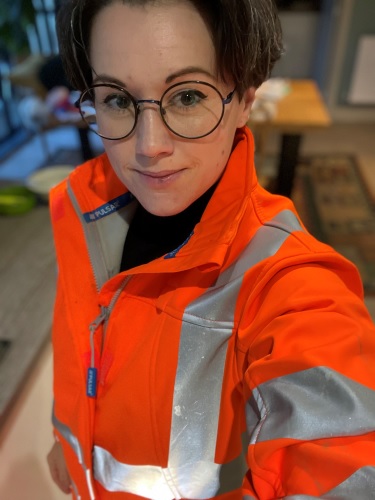
I was once approached by a local school in an extremely deprived area who we'd been collecting period products for. Their representative asked if the company I worked for would consider sponsoring their underfunded breakfast club. It was a hard "NO" from the person I approached, who deemed it "too political". In hindsight, I took the question to completely the wrong person; nonetheless, isn't this the exact thing CSR and social value are about? Helping those in need with the money we put aside to do exactly that? Perhaps I'm too naïve, and my heart is just too big.
I wonder, have the companies who are getting their social value projects bang on invested in their own social scientists? Could this be who's missing from our armoury of talent? Or have these companies already involved philanthropists in their teams when developing relationships with social sector specialists? Is it marketing? Is it the transparency of it all? Is it how the media has been involved and now portrays the Cornish companies in a completely different light to the dirty, environmentally damming business we still unjustly get lumbered with? I am desperate to know because something has to improve in social value schemes and mining's perceived image if we are to walk hand in hand towards a sustainable future.
About the author
Based in South Wales, Katherine Evans is the leader and founder of Bold as Brass, a global-reaching, UK-based community and supportive network for women and their allies in heavy industries. It is also a catalyst for cultural change, raising awareness of the intersectional gender equity required to achieve equality across the mining and construction sectors through campaigning, role modelling, and providing representation of the women in our workforce.
A highly experienced senior mining geologist, Katherine is a former Tarmac senior geologist, geotechnical manager, and quarry design manager. She also worked as a senior mining geologist at WSP Parsons Brinckerhoff and held various geologist roles at Walter Energy.

